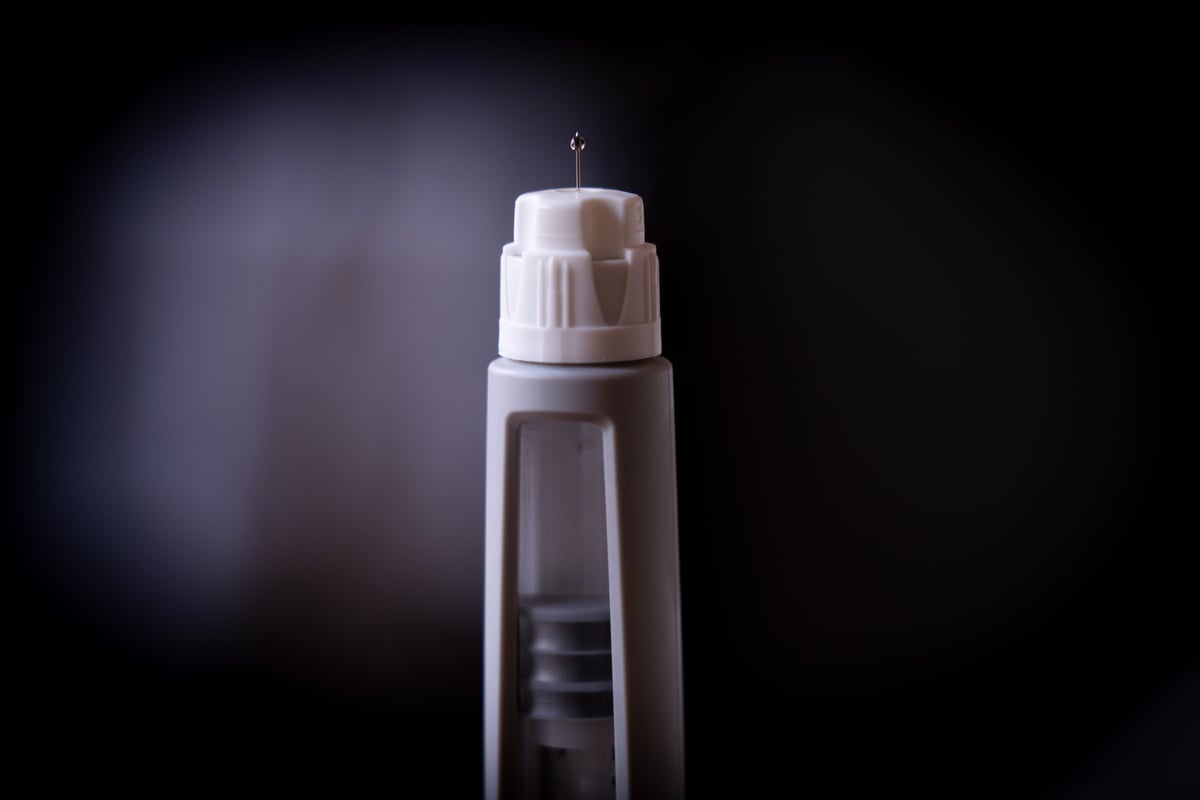
As the popularity of weight loss drugs like Ozempic continues to climb, a disturbing pattern is emerging — and it's impacting women at twice the rate of men.
According to recent research, women who take semaglutide — the active ingredient behind weight loss medications — apparently have double the risk of experiencing hair loss conditions.
Watch: Mamamia launches the new WELL podcast on The Morning Show. Post continues below.
So, what's the go? And why are women experiencing these side effects more than men?
We spoke to an expert.
Why Ozempic causes hair to fall out.
According to hair expert Chelcey Salinger, educational director of the International Association of Trichologists, it's not actually the medication itself that's directly causing your strands to shed — it's what the medication does to your body.
"There are two primary mechanisms at play," Salinger explained. "First is Acute Telogen Effluvium — a fancy way of saying your body freaks out from rapid weight loss and sends more hair follicles into their resting phase. The second is Chronic Telogen Effluvium, which happens because you're simply not eating enough nutrients to keep your hair happy."




























































































